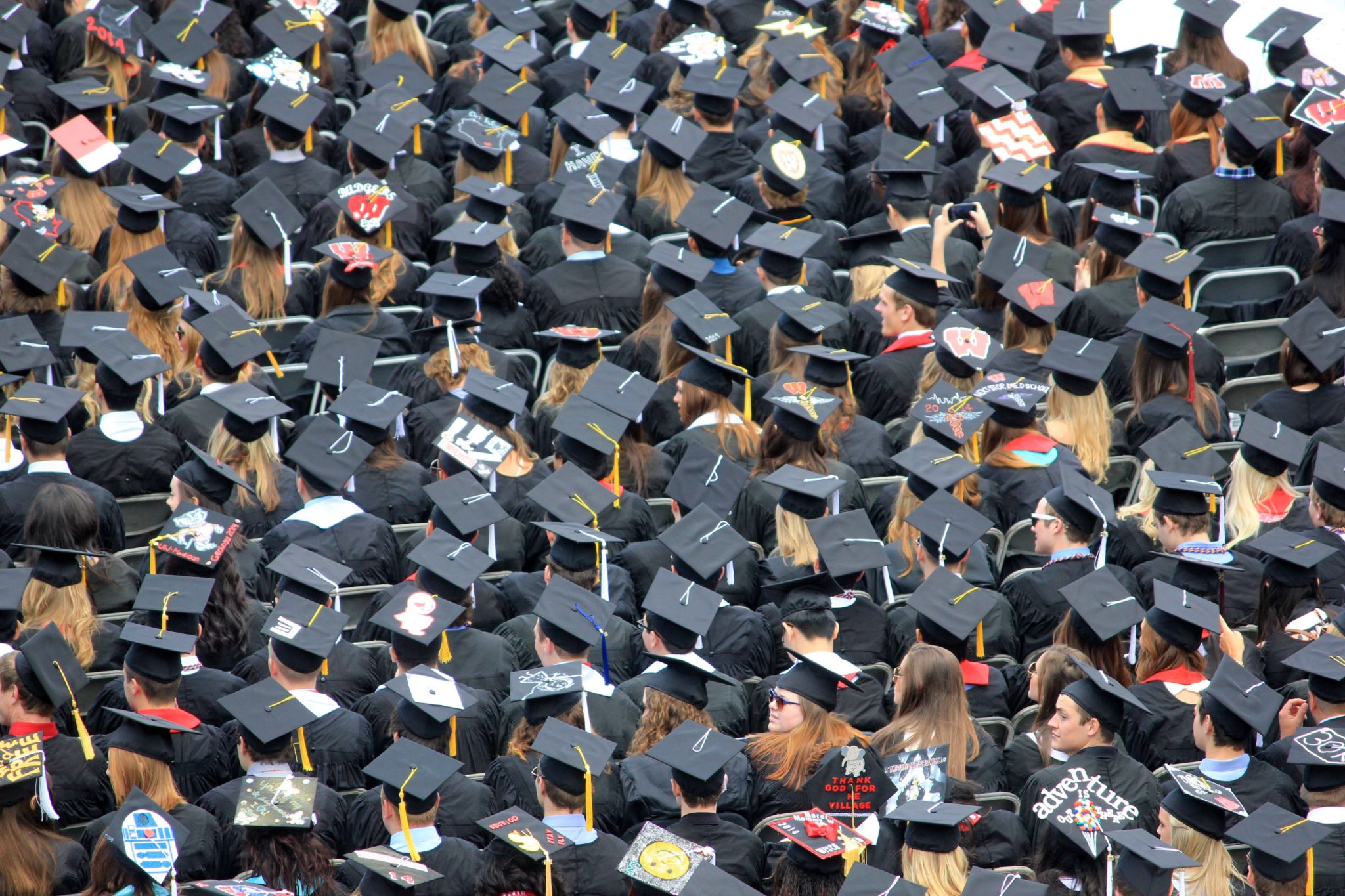
King’s is not alone amongst independent schools in providing well-worn paths to the standard professions. Indeed, the proportion of alumni ending up in such work could be considered a key performance indicator of schools, standing alongside more conventional measures such as exam results and university entry statistics. There is no doubt that a successful career as an accountant, lawyer or doctor, for instance, has many merits and provides ample opportunity for a satisfying life and comfortable standard of living.
Whilst many King’s students will continue to enter such professions and be supported in doing so, I do think we have a duty to make our students aware of the many other options that will be available by way of their future careers. There are two key reasons for this.
The first reason is that technology is rapidly changing the landscape of future work, with many transactional aspects of professional work likely to become automated in the relatively near future. Most of us have now heard Professor of Education Ken Robinson’s famous statement ‘we now need to prepare our children for jobs that don’t exist yet’. The darker flipside of this point is that we must be careful not to prepare our children for jobs that won’t exist.
Secondly, I think it’s simply healthy and proper that young people are encouraged to consider as many career options as possible. Finding a job that provides genuine satisfaction, as well as the earning of a decent crust, is surely one of life’s holy grails and I’ve never been convinced that many people achieve this. It’s true that many young people enter standard professions because it’s simply what’s expected of them and/or what runs in the family. This is fine for many, but clearly not for those who end up feeling like a round peg in a square hole. Whilst the brave may subsequently jump ship when they realise a job’s not for them, many will soldier on and risk living lives of forbearance and unfilled potential.
The Ken Robinson quote has always bothered me a bit; couldn’t one reasonably say ‘twas ever thus? There are certainly many jobs available today that one would never had predicted when I was at school; I definitely don’t remember ‘YouTuber’ coming up as an option in my careers talks back in the mid-80s. There is one obvious way of dealing with the conundrum, however; if we can’t prepare and train our students for specific careers, we can at least give them the skills that are most likely to be relevant to future work.
There has been a lot of talk of such skills in educational circles recently, in part stimulated by some interesting research. Last year’s McKinsey report Automation and the future of the workforce, for instance, outlined how work is likely to be different in the future and therefore which skills will diminish in importance and which will become more important. The key skills identified in the latter category were digital skills, leadership, teamwork, emotional intelligence and creativity.
So what should King’s and other schools be doing in the wake of such a changing landscape?
The first place to look at is at our curriculum, i.e. what students are actually doing whilst they are at school and with what ultimate purpose. Although one has to be pragmatic in such considerations in relation to public qualifications such as GCSEs and A Levels, I believe we have the equally important task of ensuring we develop key skills and attributes in our students to best prepare them for the future. I would certainly mark out those identified in the McKinsey report, as well as resilience and adaptability, as key attributes.
The question of how a school develops such attributes in its students is a complex one. Taught lessons in digital skills are far easier to deliver than lessons in emotional intelligence and adaptability. Such attributes can be encouraged and developed in students, however, both in and out of the classroom. One could easily make the case that most of the key attributes identified above are far better developed through involvement in co-curricular activities such as sport, music, drama and CCF.
At King’s we are currently conducting a whole school curriculum review, one main purpose of which is to ensure that all such attributes are developed in an effective and co-ordinated way in our students from ages four to 18. This way by the time they leave, they should have the personal toolkit to thrive in their future lives and careers, whatever they may entail.
I believe we also need to do a better job at King’s of opening our students’ eyes to the full cornucopia of future work options, not just the familiar and well-trodden paths. There are plans afoot to develop our careers provision accordingly over the coming months, starting next term with a series of talks from young women, as part of our 20 Years of Girls at King’s celebrations, who have recently left King’s to embark on a variety of interesting career pathways.
By opening our students eyes up to the world of future possibilities whilst providing them with the skills and attributes to make the very most of them, we are confident that King’s leavers will continue to flourish and make a difference to the world in their own unique ways.














